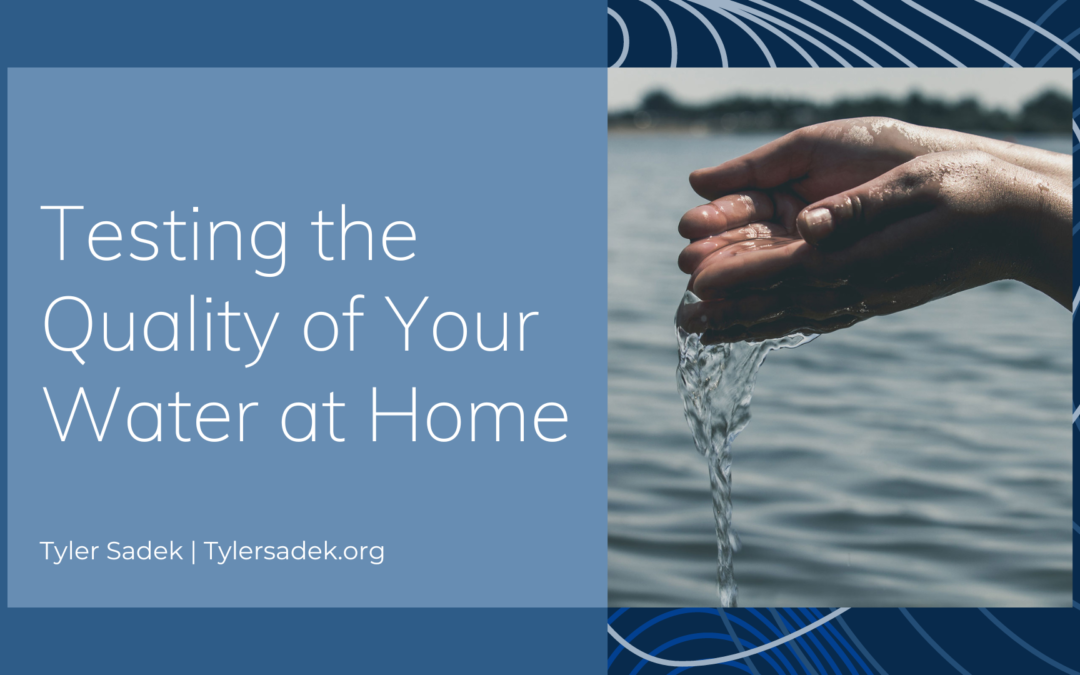One of the main things that you don’t want to do is drink water straight from the tap without testing it. Untreated water can have a number of different scary consequences that you definitely don’t want to deal with. Whether you’re having water issues, you’re connected to a public water system, or you’re using your own well water, you must understand that you have to test the water before you use it. Below are some of the best ways to quickly test the quality of your water.
What to look out for
Before you go about testing the quality of your water, it’s essential that you understand what you’re going to be looking for. One of the most important, albeit obvious, things that you should look out for is the different bacteria that may be in your water, such as total coliform bacteria and E. coli. If you’re dealing with certain aspects of your water being odd, such as the taste, hardness, or overall smell of your water, you should be looking for the different minerals that may be present. Not only that, but you should also check the acidity and pH of your water as well. In worst-case scenarios, there could also be dangerous elements, such as arsenic and radon, so those should be tested for as well.
Test Strips
This is a relatively easy way to test your own water, as you can order the kit yourself. These strips test for chemicals that may be present in your water by changing color. Once they’ve changed color, you can compare it to a chart of colors, showing you the specific concentration of the chemical in your water. This can be incredibly helpful if you’re looking to specifically look for the amount of pH or chlorine in your water. However, these tests aren’t as accurate or thorough as they could be, and it’s difficult to ascertain what the results could mean for your safety.
Digital instruments
If you prefer a more in-depth test that you could do, there are digital instruments available for purchase. However, this is a more costly option than the previous test, and because of how difficult it is to get accurate results, this option is best left to be handled by professionals. Once you get in touch with the right people, however, the testing can be incredibly helpful. These devices can provide an thorough screening of the bacteria that may be in the water, as well as determining the pH, the solids and salts that may be dissolved in the water, the dissolved oxygen, and the electrical conductivity of the water.

